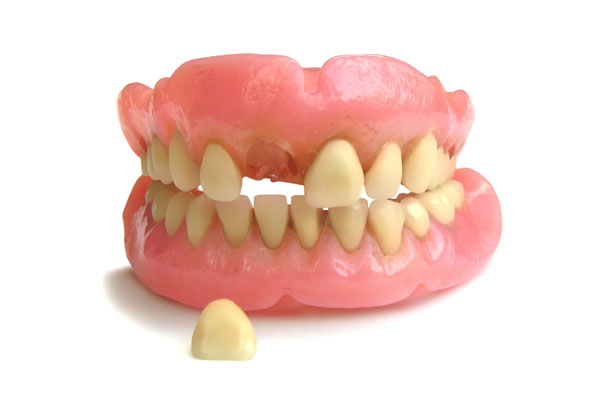What Is Sleep Apnea?

An often overlooked condition, sleep apnea affects more people than you may think. This condition occurs during sleep when the sufferer is unconscious. Sleep apnea can be a troubling condition that causes various symptoms. Most of these symptoms are subtle and may be wrongly attributed to other issues. For this reason, sleep apnea is often misdiagnosed as other conditions. Without a sleep study, sleep apnea is quite difficult to pinpoint.
What is sleep apnea?
Sleep apnea is a condition characterized by the involuntary cessation (stopping) of the breathing pattern during sleep. There are generally three types of sleep apnea that are diagnosed today: central, obstructive and mixed. The most common form of the condition is obstructive sleep apnea, also known as OSA. The root cause of sleep apnea is hard to pin down and can be caused by various factors — both environmental and hereditary.
In all three types of sleep apnea, the patient ceases breathing repeatedly during sleep. This phenomenon can happen hundreds of times throughout the night for those with untreated sleep apnea. Often these episodes of held breath last for a minute or longer. Most people go undiagnosed for years with sleep apnea, as these episodes do not trigger an awakening in most sufferers of the condition.
Sleep apnea is far more prevalent in men than in women. African American and Hispanic men tend to have higher rates of the condition. Obesity is commonly accompanied by sleep apnea, as well.
What are the symptoms of sleep apnea?
Since the condition occurs during sleep, the sufferer is usually unaware. However, those who sleep next to a significant other find that their bed partner notices loud snoring in people with sleep apnea. Persistent sleepiness during the day, periods of waking up at night feeling breathless and waking with a dry mouth or dull headache may signal sleep apnea. Sometimes, a patient will have no symptoms at all. The condition can only be diagnosed by a sleep study.
What causes sleep apnea?
The root cause varies by each type of apnea, and on a case-by-case basis. In obstructive sleep apnea, a blockage of the airway caused by the soft tissue in the back of the throat collapsing, closing the airway during sleep. Central sleep apnea is caused by the failure of the brain to signal the muscles to breathe, but there is no physical obstruction. The combination of both obstructive and central is labeled as mixed sleep apnea.
Untreated sleep apnea can cause some unpleasant conditions to arise. Sleep apnea can increase the risk of high blood pressure, cardiovascular disease, memory problems, and weight gain.
Do you believe you may have sleep apnea?
Although sleep apnea can only be diagnosed by a sleep doctor, your dentist can help refer you to a sleep doctor. Symptoms like dry mouth and increased tooth decay or gum disease can signify sleep apnea. Call our office today to set up a consultation.
Request an appointment here: https://www.newyorkdentaloffice.com or call New York Dental Office at (212) 548-3261 for an appointment in our New York office.
Check out what others are saying about our services on Yelp: Read our Yelp reviews.
Recent Posts
The purpose of dental restorations is to replace permanent teeth that are lost. This can happen because of trauma to the tooth that renders it irreparable or decay that is so extensive that it requires extraction. There are several restoration options for replacing a missing tooth. Some are removable while others are permanently fixed in…
Dental inlays and crowns are two common restorative options for repairing damaged or decayed teeth. While both restore the tooth's functionality and appearance, they have different purposes and address different dental conditions. Both options are custom-made and provide durable solutions for restoring oral health and enhancing your smile. Understanding the differences between dental inlays and…
Restorative dentistry refers to any type of dental procedure that a dentist performs to restore a damaged or missing tooth. Dental restorations can encompass several procedures that vary in terms of invasiveness, complexity, and what they can accomplish. However, the overreaching goal of all restorative procedures is to improve the health, function, and appearance of…
Dental restorations are for patients with missing, weakened, fractured, or decayed teeth. A restoration replaces or repairs missing teeth or parts of the tooth's structure. If a tooth shows signs of decay or may cause trouble later, dentists can strengthen the tooth to avoid future issues. When it comes to dental restoration, two common types…



